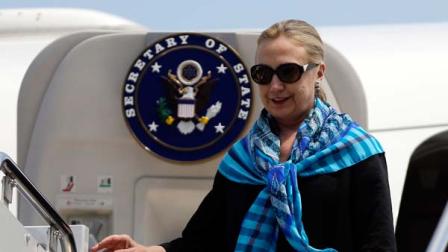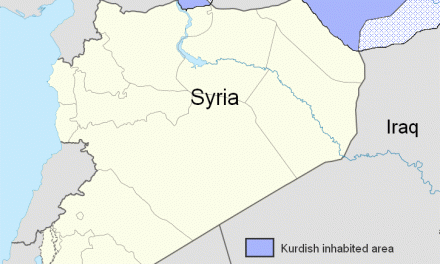By Nicholas Lemann, The New Yorker
Politicians are, of course, human beings, but, because of what they do for a living, it’s hard to apply concepts like friendship and conviction to them in the same way you’d apply them to most people.
Especially during the coming period of struggle against Bernie Sanders, we’ll be hearing that Hillary Clinton is close friends with Barack Obama and plans to continue his legacy. She has a vision for America. She has policies she will fight for. Because all this is tightly bound up in her job, wondering whether it’s sincere is a little like wondering whether your doctor really likes you. That’s not what politics is about.
Still, politicians do usually turn out to have had at least some beliefs that are non-generic and that are different from the bull’s-eye center of public opinion at the moment. It’s probably not useful to think of Clinton as someone who would simply continue Obama’s policies, convenient as it is for her to indicate that while Sanders is still in the race. Even the smoothest within-party Presidential transition—from Ronald Reagan to George H. W. Bush, let’s say—inevitably entails some change in course that comes from variances between the two people.
What do we know now about how Clinton would govern differently from Obama? Not a lot, but we do have some clues. The most obvious is that she would be more hawkish on foreign policy. Clinton has said that she argued for a more aggressive early campaign of arming rebels in Syria, and favors establishing a no-fly zone there now. She seems to have been quicker than Obama to support American military intervention in Libya, and she was for a less swift exit of American troops from Afghanistan. She has made tougher remarks about Vladimir Putin than Obama has, and has specifically said that she would have done more to counter Putin’s assertion of power in Ukraine. Although she hasn’t opposed the nuclear deal with Iran, her rhetoric about Iran has been far harsher than Obama’s, and she opposes Obama’s absolute insistence that Israel stop building settlements in the occupied territories.
Clinton’s doubts about the wisdom of supporting the ouster of Hosni Mubarak in Egypt may not seem to fit the pattern—that was a vote for stability over action—but one could see this as a preference for a friend of the United States and Israel over a more indigenous and anti-Western alternative. All in all, Clinton seems more willing to use American power assertively abroad, and more inclined to see the world in terms of friends and enemies of the United States. Although she now says that she regrets her vote for the Iraq War resolution, back in 2002, it’s very easy to see Clinton and Obama as politicians who naturally disagree on that kind of question.
The domestic-policy differences usually seem to put Clinton to the left of Obama—although, when they were running against each other, in 2008, most people thought of him as being to the left of her. Clinton came out against the Keystone pipeline weeks before Obama did, and publicly broke with him over the Trans-Pacific Partnership, which he supports and she now opposes. She also opposes drilling for oil in the Arctic Ocean, which Obama has permitted. She has taken verbal shots at charter schools and the “gig economy,” toward which Obama has been friendlier. Clinton and Obama have both tried to get technology companies to be more supportive of the government’s efforts to identify potential terrorist activity online, but Clinton’s statements about this were earlier, more public, and more threatening toward the companies.
The relentless right-wing attacks on Obama have obscured something important about him, which is that he seems comfortable with the idea of a new, more fluid economy and a technology-driven, relatively borderless world order; he actually isn’t an old-fashioned statist. Clinton, probably through some combination of personal inclination and sense of the national mood, is much quicker to embrace a forceful role for the American government, at home and abroad. It was exactly twenty years ago that her husband announced that the era of big government is over. She could be the President who tries to bring the era of its being over to an end.



















